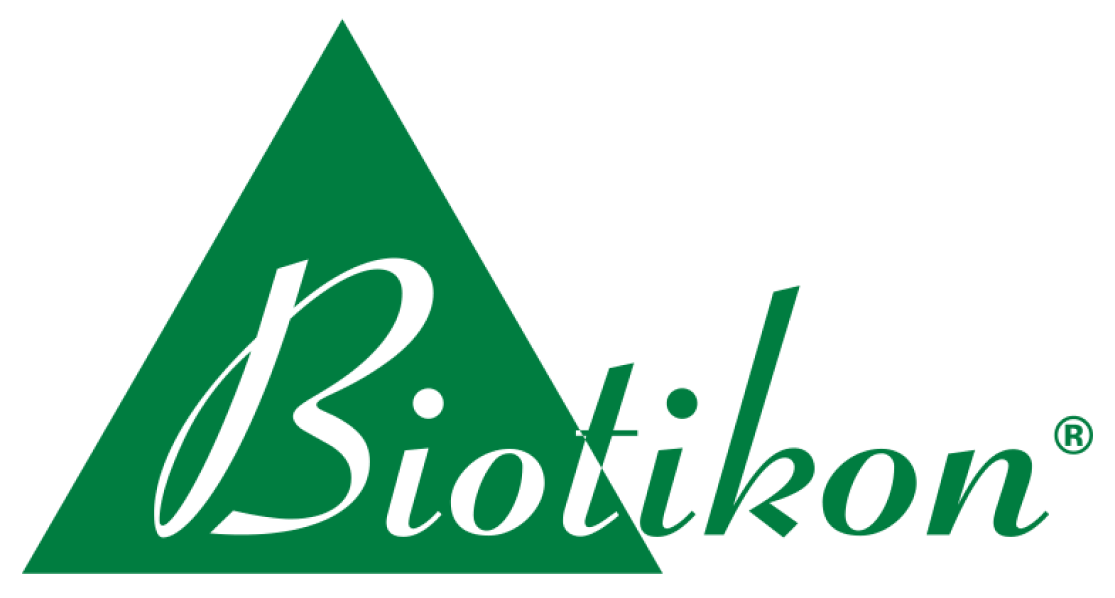Dietary Supplement with D-Pinitol, NADH, Acetyl-L-Carnitine, OPC, Resveratrol, and others.
Mitochondria are known as the powerhouses of the cell and are indispensable for numerous biological processes. They convert nutrients into energy that our body needs to perform all functions. In fact, a considerable portion of human body weight consists of these small, but powerful organelles.
Principally, people are not weaker in old age because they are rich in years, but the decreasing physical strength is often due to a reduction in the number and functionality of the mitochondria. Mitochondria are also responsible for energy production and during the process reach high temperatures, which makes them particularly susceptible to damage.
Mitochondriol® contains specific substances such as fisetin, quercetin, NADH, as well as CoQ10, which can protect the mitochondria from the destructive attacks of free radicals and support the biogenesis of new mitochondria. These substances help to maintain mitochondrial structures and improve their functionality, which is essential for maintaining physical vitality in old age.
PGC-1α, a substance in mitochondria, regulates mitochondrial transcription factors. Transcription factors play a central role in regulating mitochondrial DNA. They can be considered as conductors who direct the orchestra of gene expression and enzyme production. PGC-1α acts as a superconductor, coordinating several other conductors and ensuring the musical harmony of cellular metabolism. Mitochondriol® positively influences this superconductor, thereby improving the efficiency and number of mitochondria. PGC-1α is a sensor of cellular energy metabolism. When cellular energy levels are low, PGC-1α is activated via AMPK and SIRT1. When there is too much energy supply, PGC-1α is inhibited.
The individual ingredients of Mitochondriol® offer a wide range of support for the mitochondria:
- NADH - Essential for energy production within the mitochondria.
- Coenzyme Q10 - A key component in the respiratory chain of mitochondria, supports energy production and has antioxidant effects.
- Curcuma (Curcumin) - Its anti-inflammatory properties contribute to the protection of mitochondria.
- Resveratrol - Known for its role in protecting against cardiovascular diseases and its positive impact on longevity and mitochondrial function, indirectly activates SIRT1.
- Berberine - Can improve mitochondrial function and has a positive effect on glucose metabolism.
Mitochondriol® is therefore not only a shield against age-related decline in mitochondrial function but also a promoter of the formation and efficient functionality of these vital cell components.
Vitamin E contributes to the protection of body cells from oxidative stress. It protects important genes, proteins, and lipids from damage by oxidative stress.
Zinc contributes to:
- normal function of the immune system,
- normal DNA synthesis,
- normal acid-base metabolism,
- normal carbohydrate metabolism,
- normal cognitive function,
- normal fertility and reproduction,
- normal macronutrient metabolism,
- normal metabolism of fatty acids,
- normal metabolism of vitamin A,
- normal protein synthesis,
- maintenance of normal bones, skin, hair, and nails,
- maintenance of normal testosterone levels in the blood,
- maintenance of normal vision,
- protection of cells from oxidative stress.
Zinc plays a role in cell division.
Folic acid contributes to:
- normal blood formation,
- normal homocysteine levels,
- normal amino acid synthesis,
- normal function of the immune system, and
- normal psychological function.
Folic acid, also known as folate, plays a role in cell division.
In cases of fatigue, folic acid can help reduce tiredness.
Selenium contributes to:
- normal spermatogenesis,
- maintenance of normal hair and nails,
- normal function of the immune system,
- normal thyroid function, and
- protection of cells from oxidative stress.
Copper contributes to:
- maintenance of normal connective tissues,
- normal energy-yielding metabolism,
- normal function of the nervous system,
- normal skin and hair pigmentation,
- normal iron transport in the body,
- normal function of the immune system, and
- protection of cells from oxidative stress.
Vitamin B1 (Thiamine) contributes to:
- normal energy-yielding metabolism,
- normal function of the nervous system,
- normal psychological function,
- normal function of the heart.










